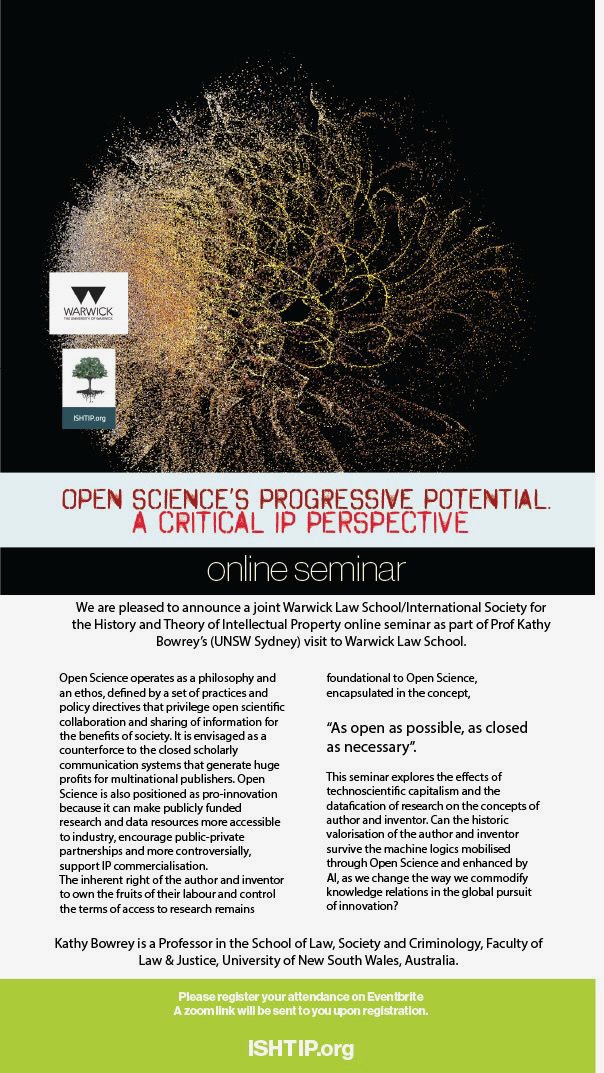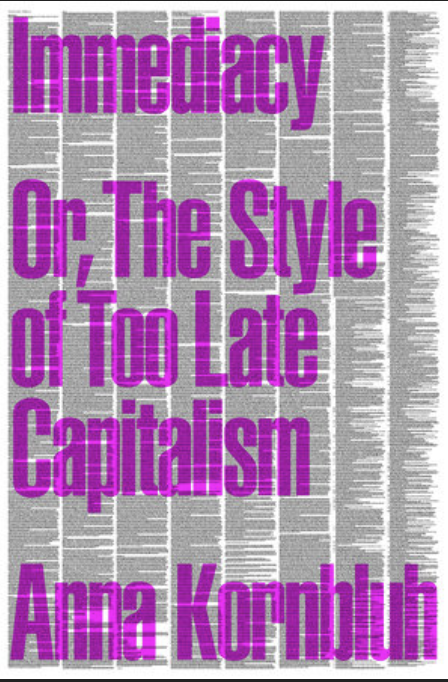Zac Zimmer,
“Commons: Copyleft as Training Ground”
In order to advance our thinking about the commons, we are faced with two needed and interrelated theoretical tasks: 1) to connect the recent enthusiasm around alternative models of intellectual property regimes–broadly grouped under the general concepts of copyleft and the creative commons–to the ur-historical struggle centered around the idea of enclosure (simply: the process of erasing the commons); 2) to move beyond US Constitutional Law-based critiques of the contemporary IP regime to an authentically global consideration of the implications of the contemporary enclosure of the immaterial world. The fundamental question is: what is the nature of human creativity, and what can it teach us about our concept of property, both intellectual and otherwise? In this sense, I would like to ask the question of the “geography of intellectual property” by connecting
the metaphorical use of the term “commons” in current IP debates to the radical history of struggle over land, commons, and enclosure. Asking this question will, I hope, create an opening through which the true history of the concept of the commons as a claim of radical inclusion can animate the current debate surrounding digital enclosures.






